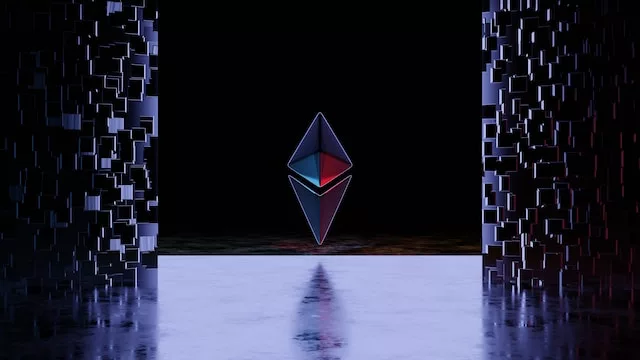Web 3.0, often referred to as the Semantic Web, is an evolving concept that represents the future of the internet. In this article, we will explore what Web 3.0 is, its key characteristics, and why it holds significant importance for the future of the digital landscape.
Understanding Web 3.0:
Web 3.0 is not a new version of the internet but rather an evolving vision of the web’s capabilities. It is often described as the transition from a web of documents (Web 1.0) and a web of social interactions (Web 2.0) to a web of data and intelligent services.
Key Characteristics of Web 3.0:
- Semantic Data: Web 3.0 emphasizes structured, machine-readable data. Information is tagged with metadata, making it easier for machines to understand and process.
- Interoperability: It aims for greater interoperability between websites and services, allowing data and functionality to be seamlessly integrated across platforms.
- Artificial Intelligence: AI plays a central role in Web 3.0, enabling smarter and more context-aware services, search engines, and recommendation systems.
- Personalization: Web 3.0 tailors content and services to individual users, providing highly personalized experiences.
Why Web 3.0 Matters:
- Improved Search and Discovery: Web 3.0’s semantic data and AI-driven services enhance search accuracy and enable better content discovery.
- Enhanced User Experience: Personalization and context-aware services make online experiences more relevant and user-friendly.
- Business and Innovation: Web 3.0 opens up opportunities for businesses to leverage data-driven insights, AI, and new forms of digital interaction.
- Data Ownership and Privacy: Web 3.0 introduces concepts like decentralized identity and data ownership, giving users more control over their digital presence.
Challenges and Considerations:
- Semantic Web Adoption: Widespread adoption of semantic web technologies and standards is essential for the vision of Web 3.0 to fully materialize.
- Data Privacy: As the web becomes more data-centric, concerns about data privacy and security become paramount.
Web 3.0 represents a significant shift in the way we interact with the internet and digital services. It promises a more intelligent, connected, and personalized online experience.

